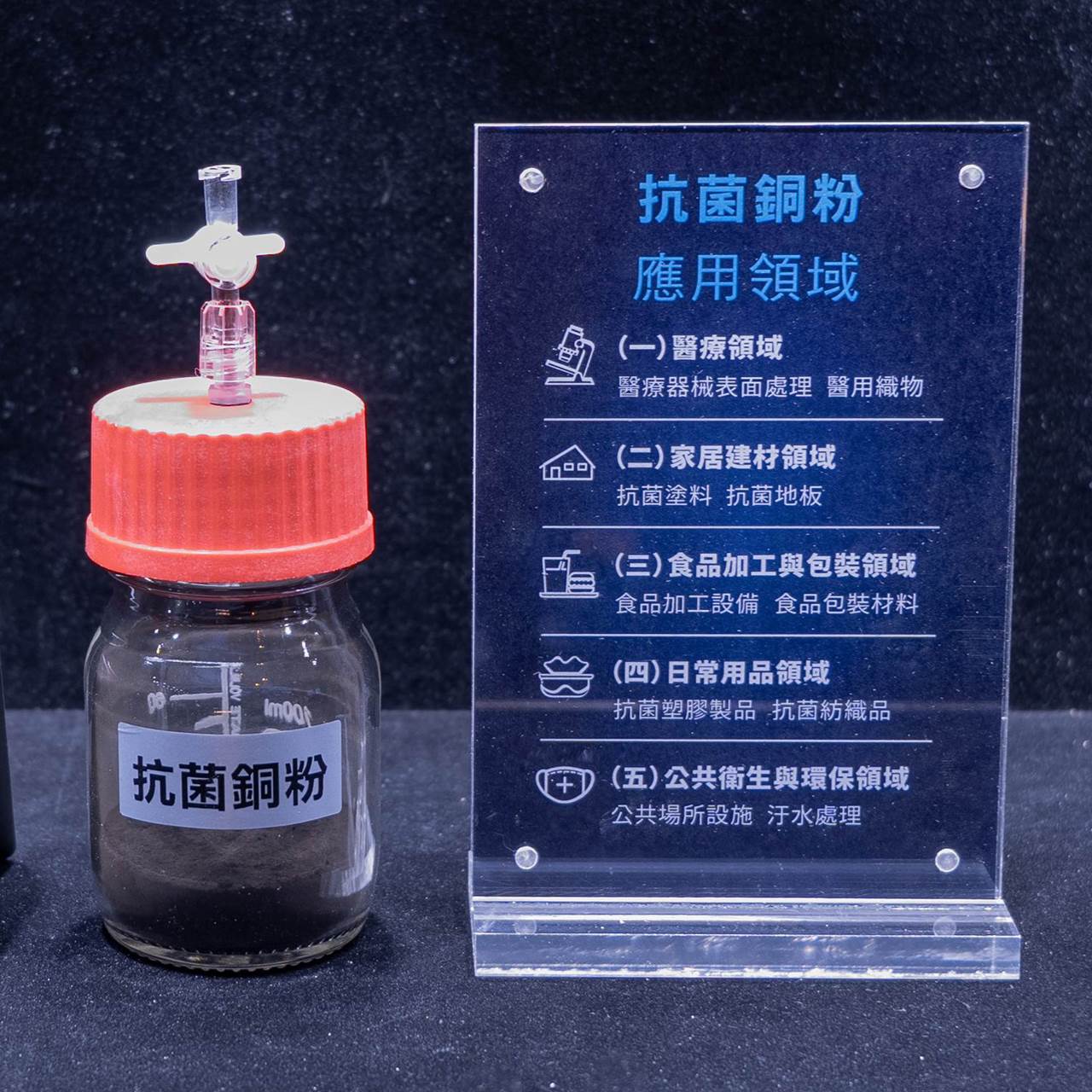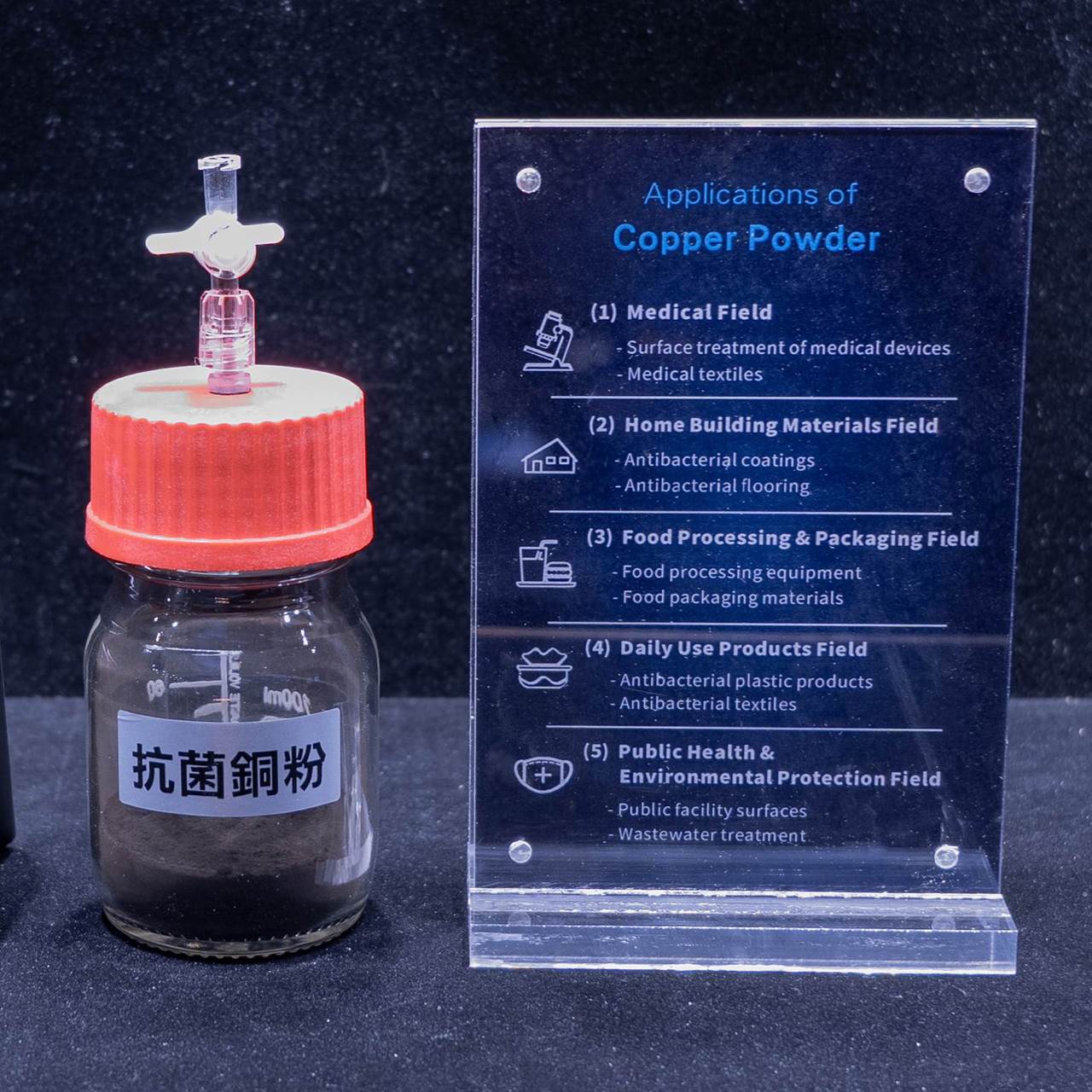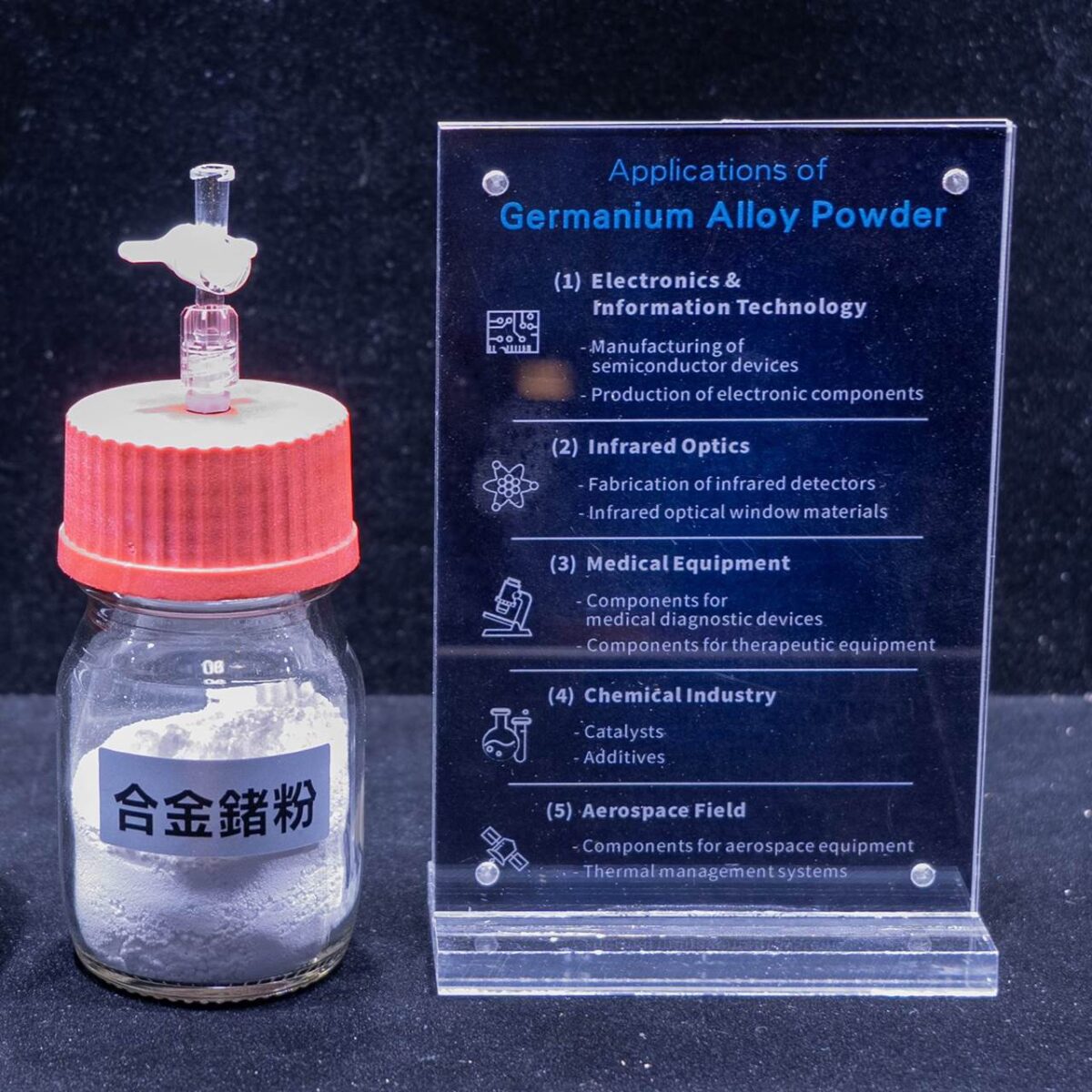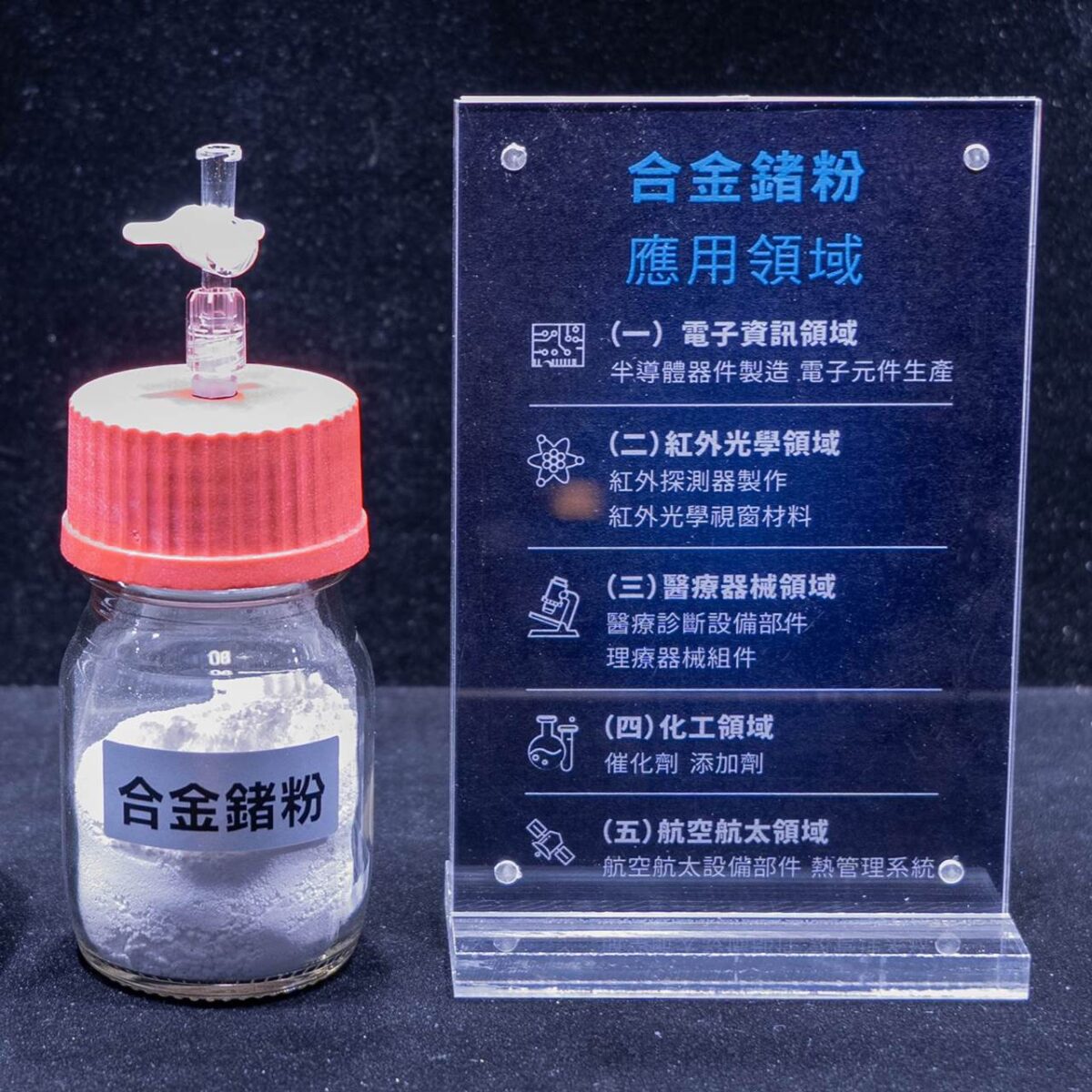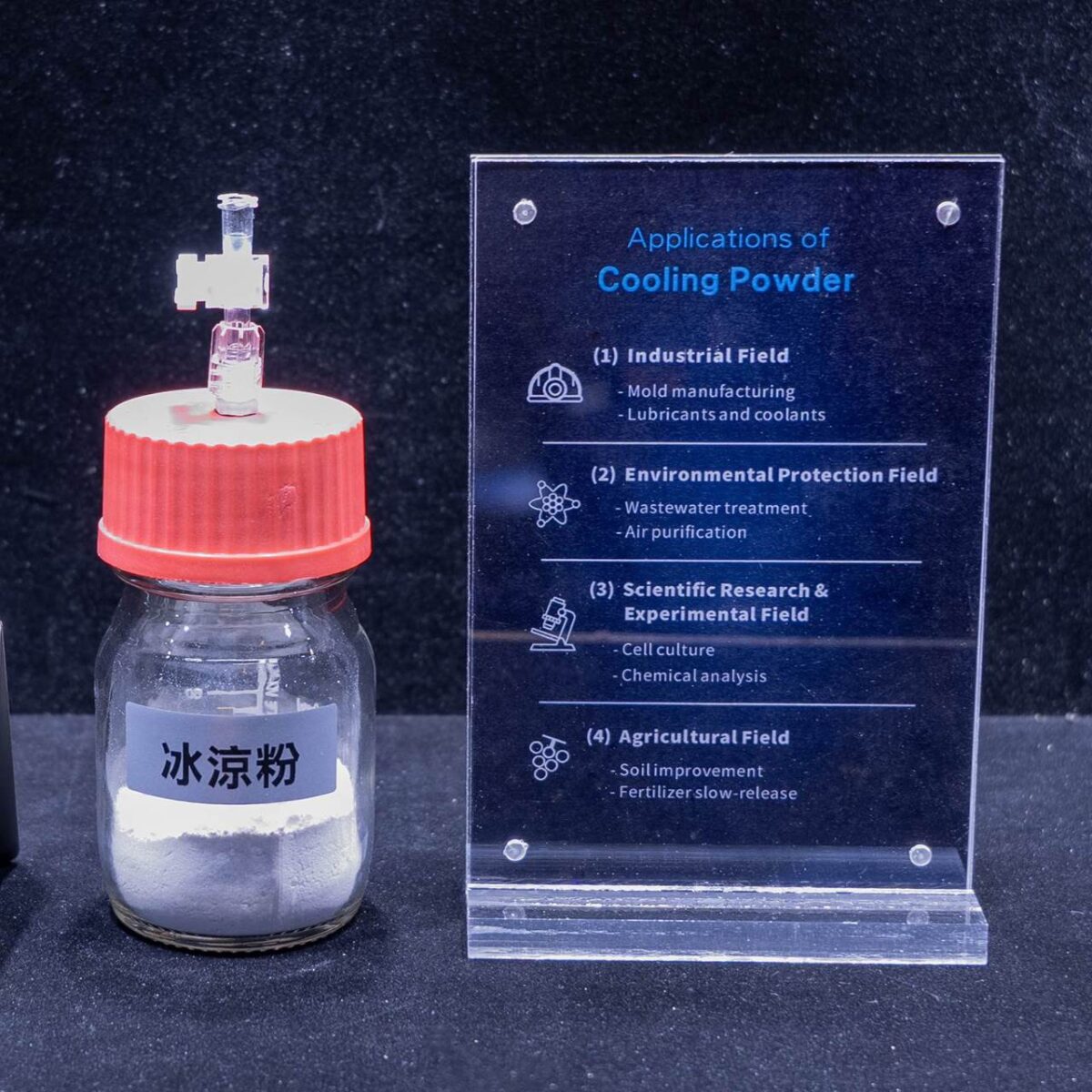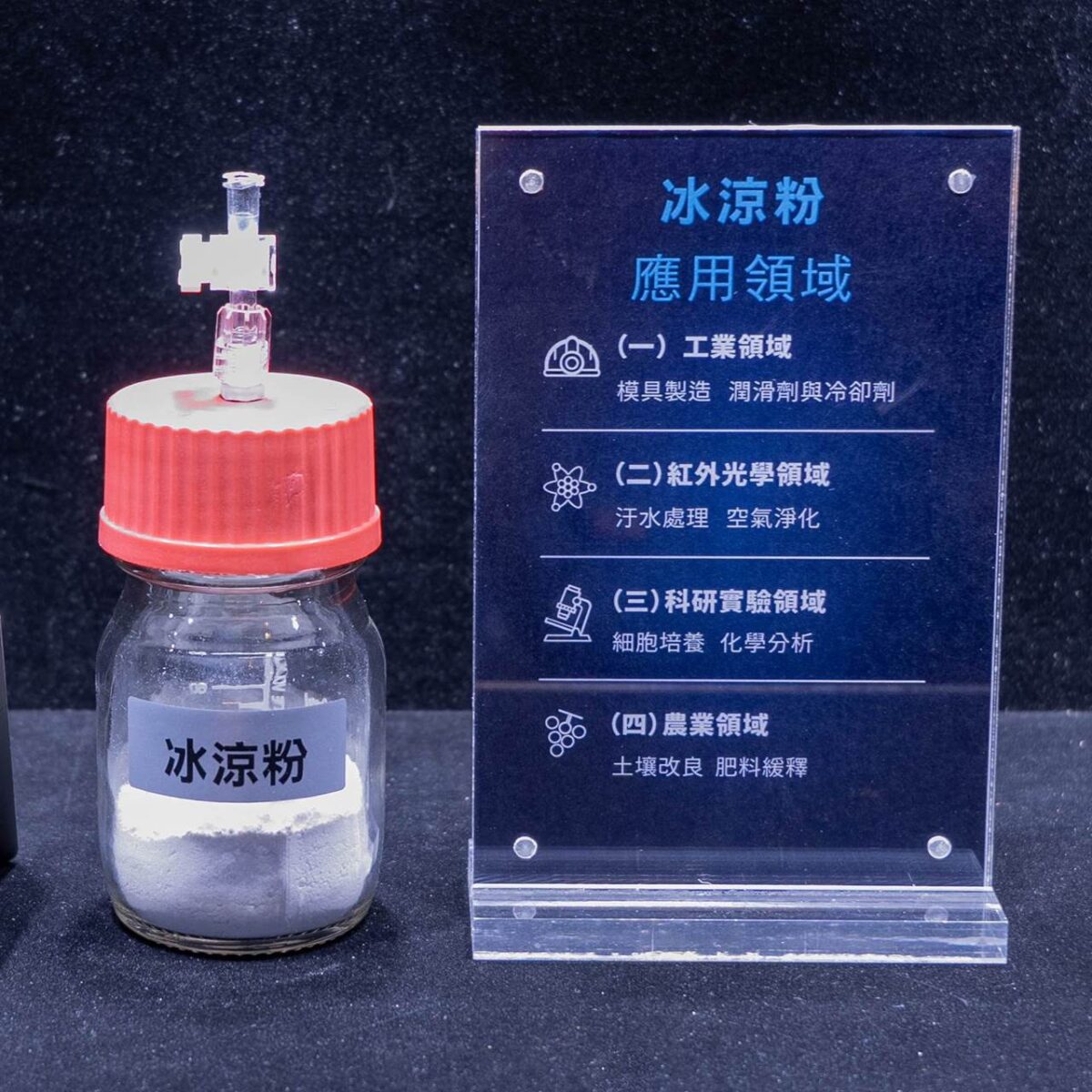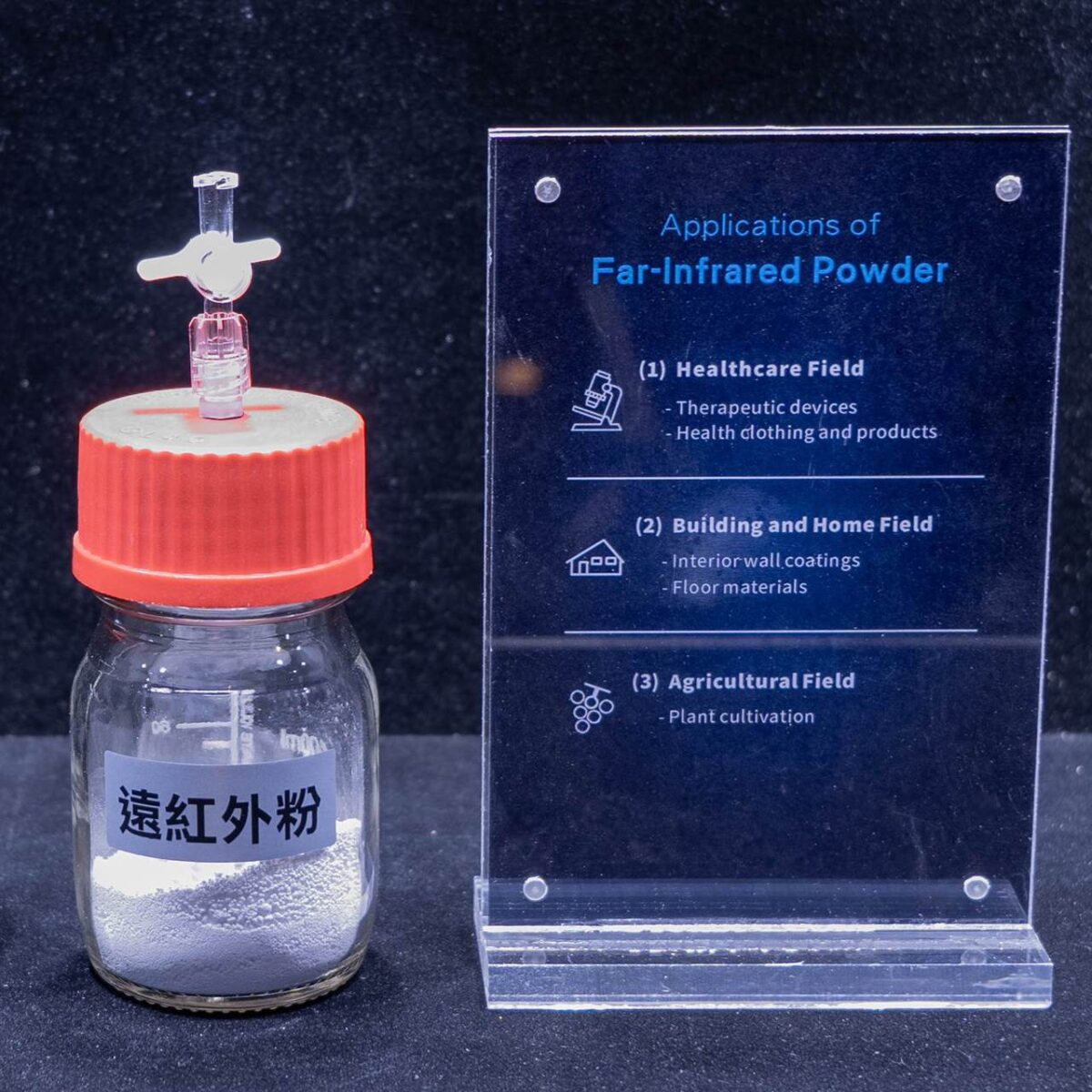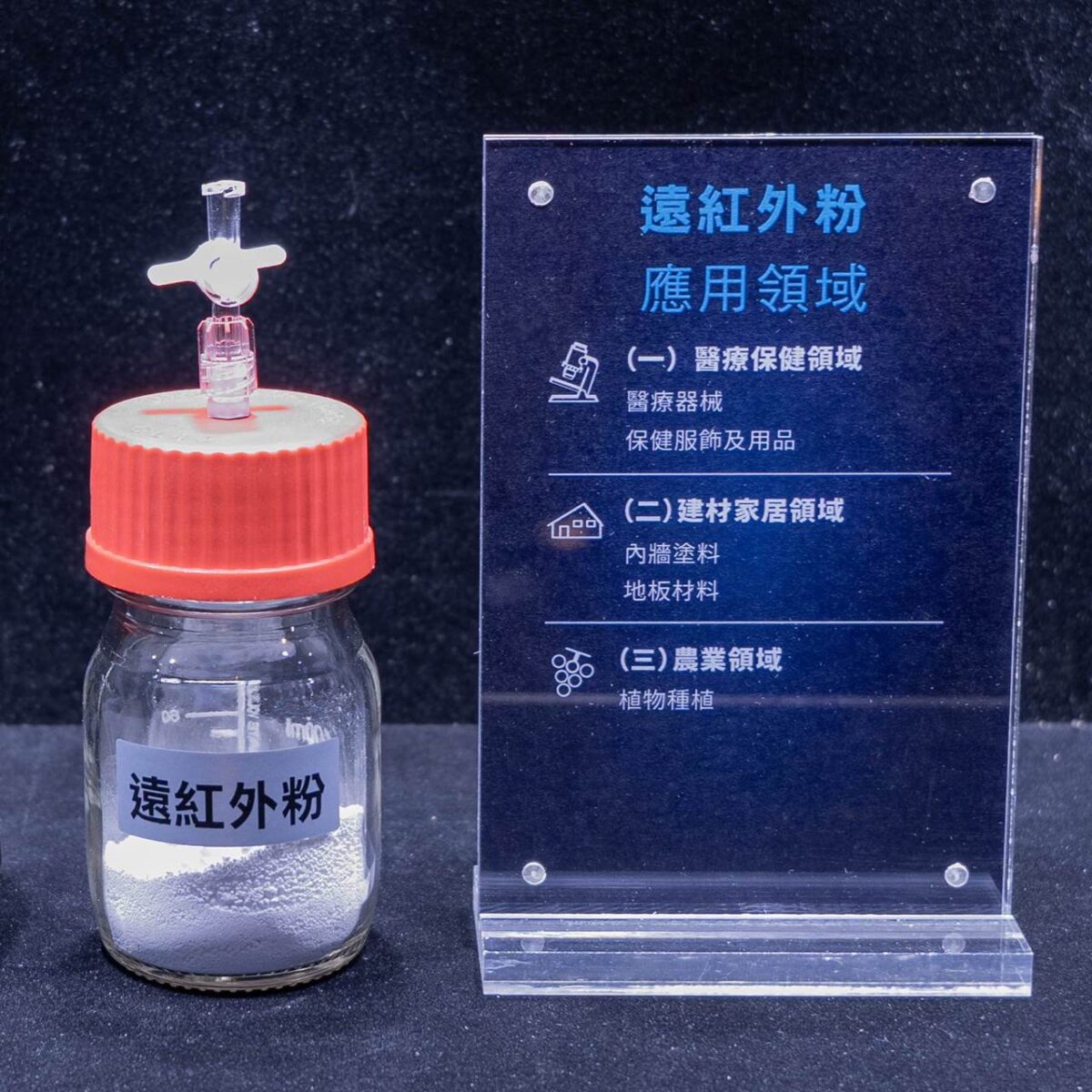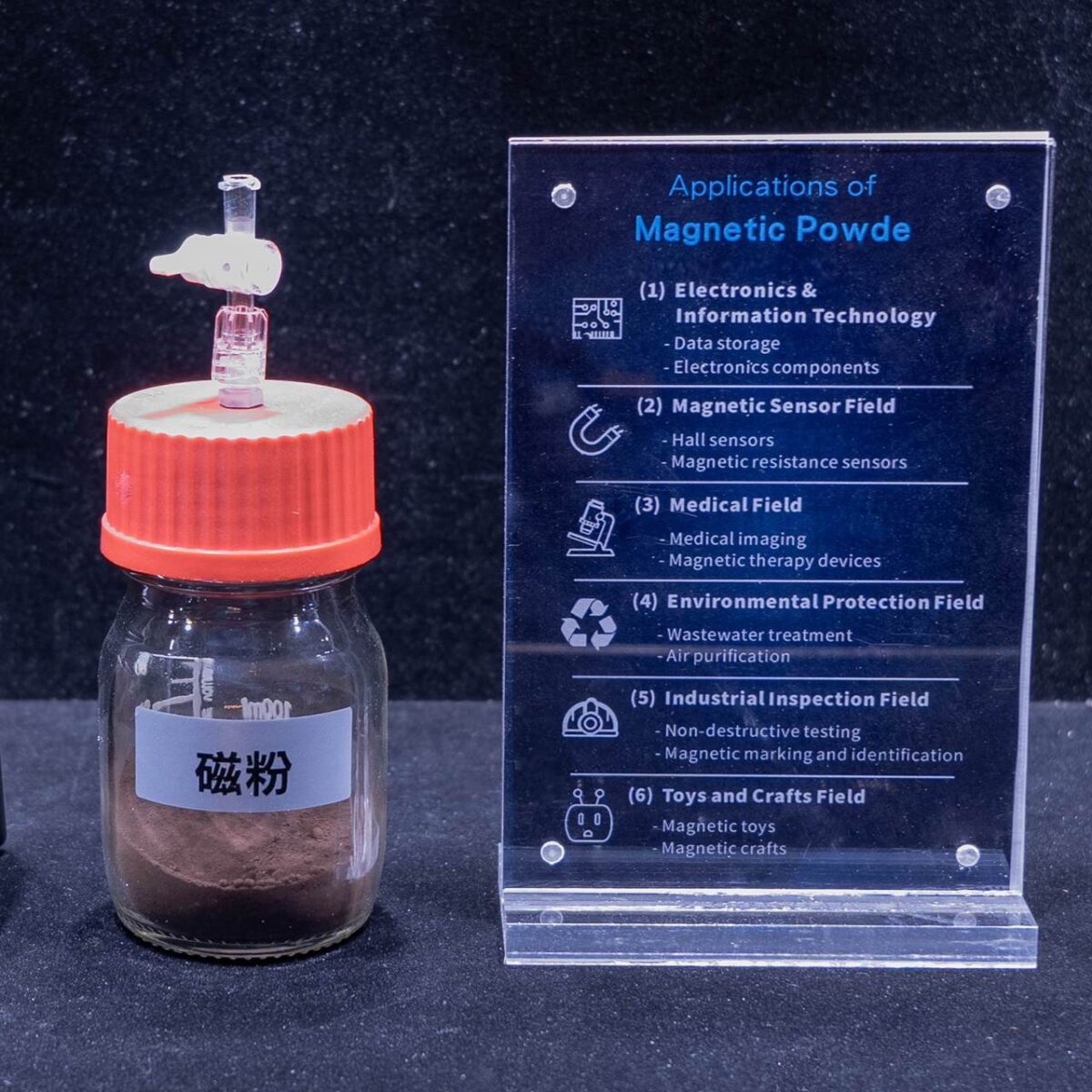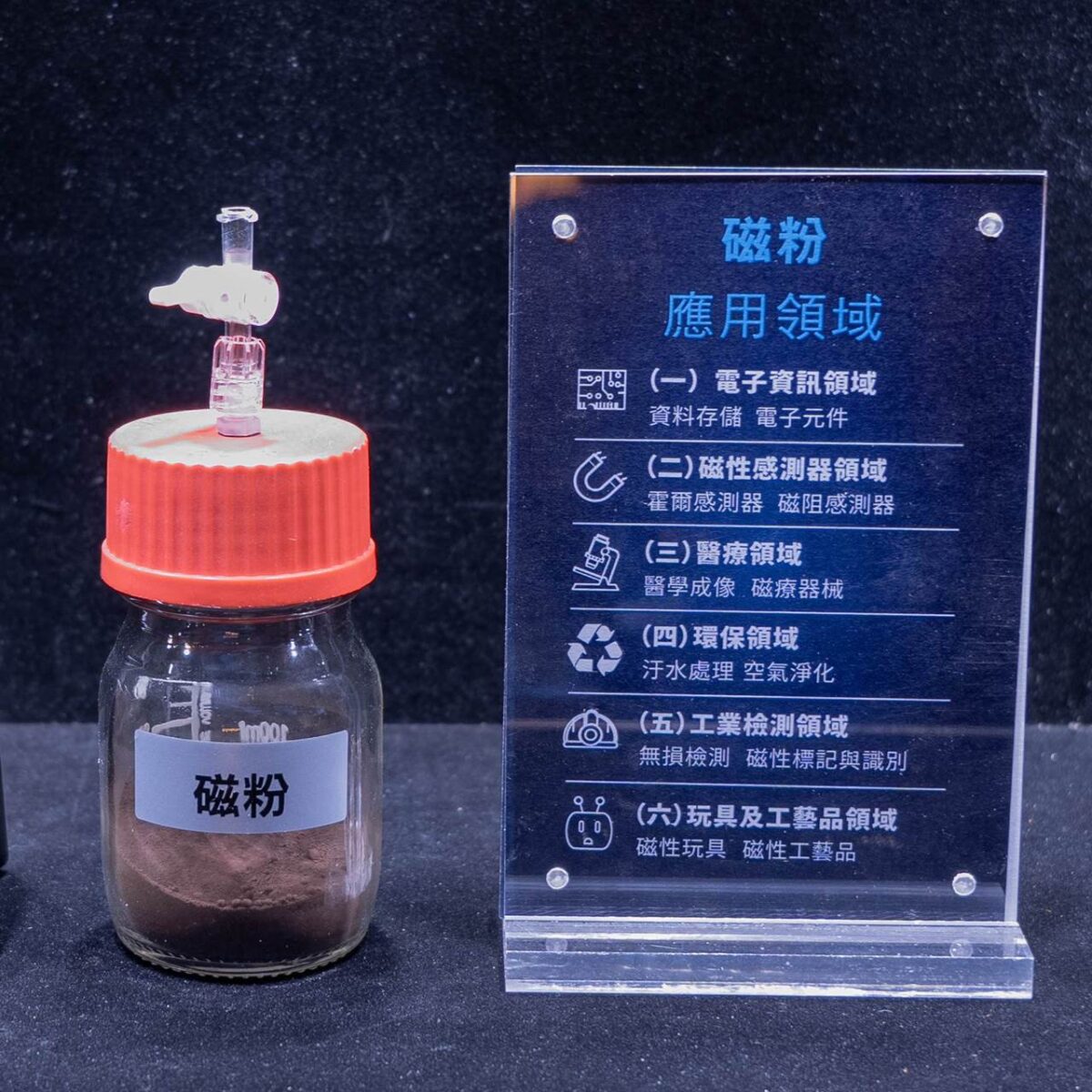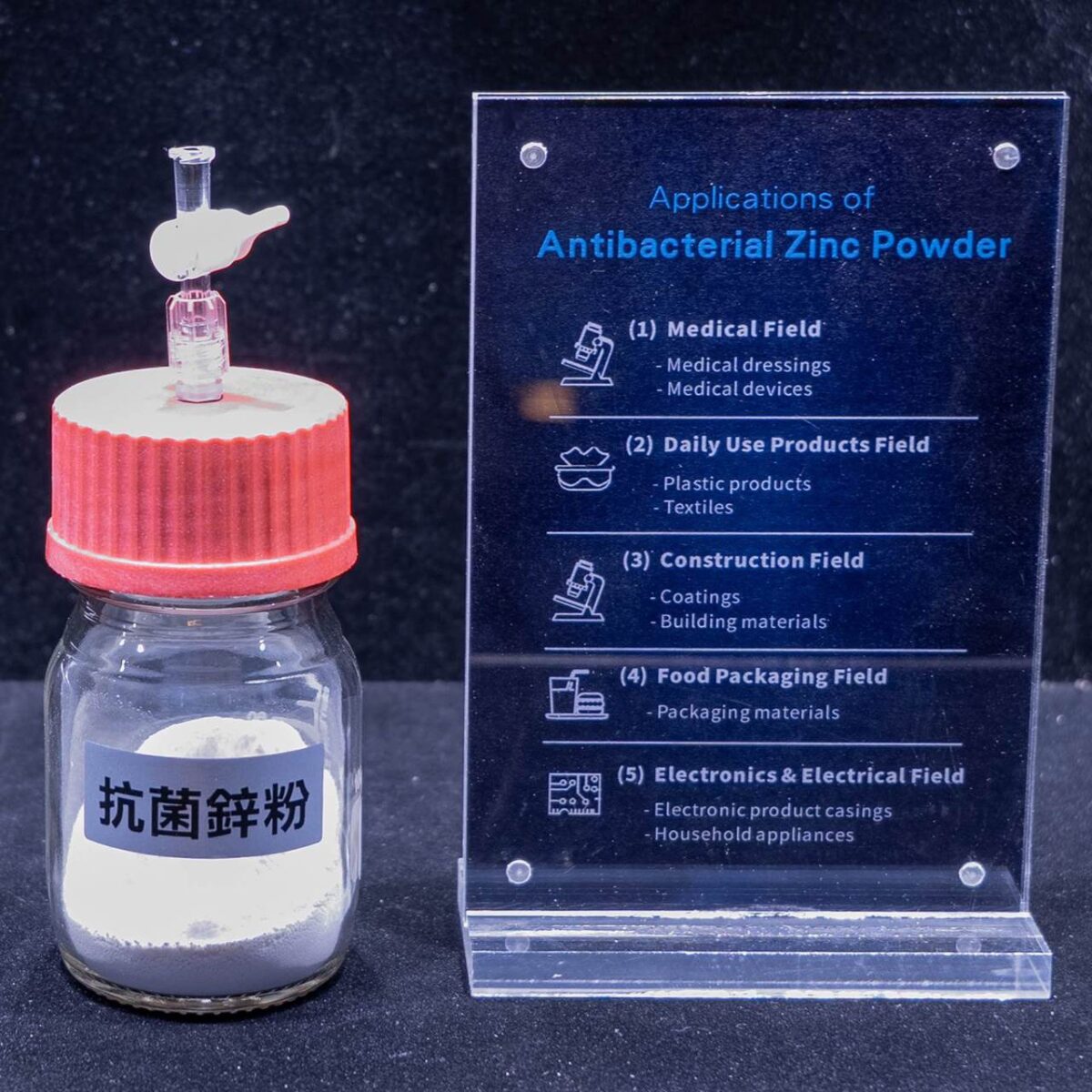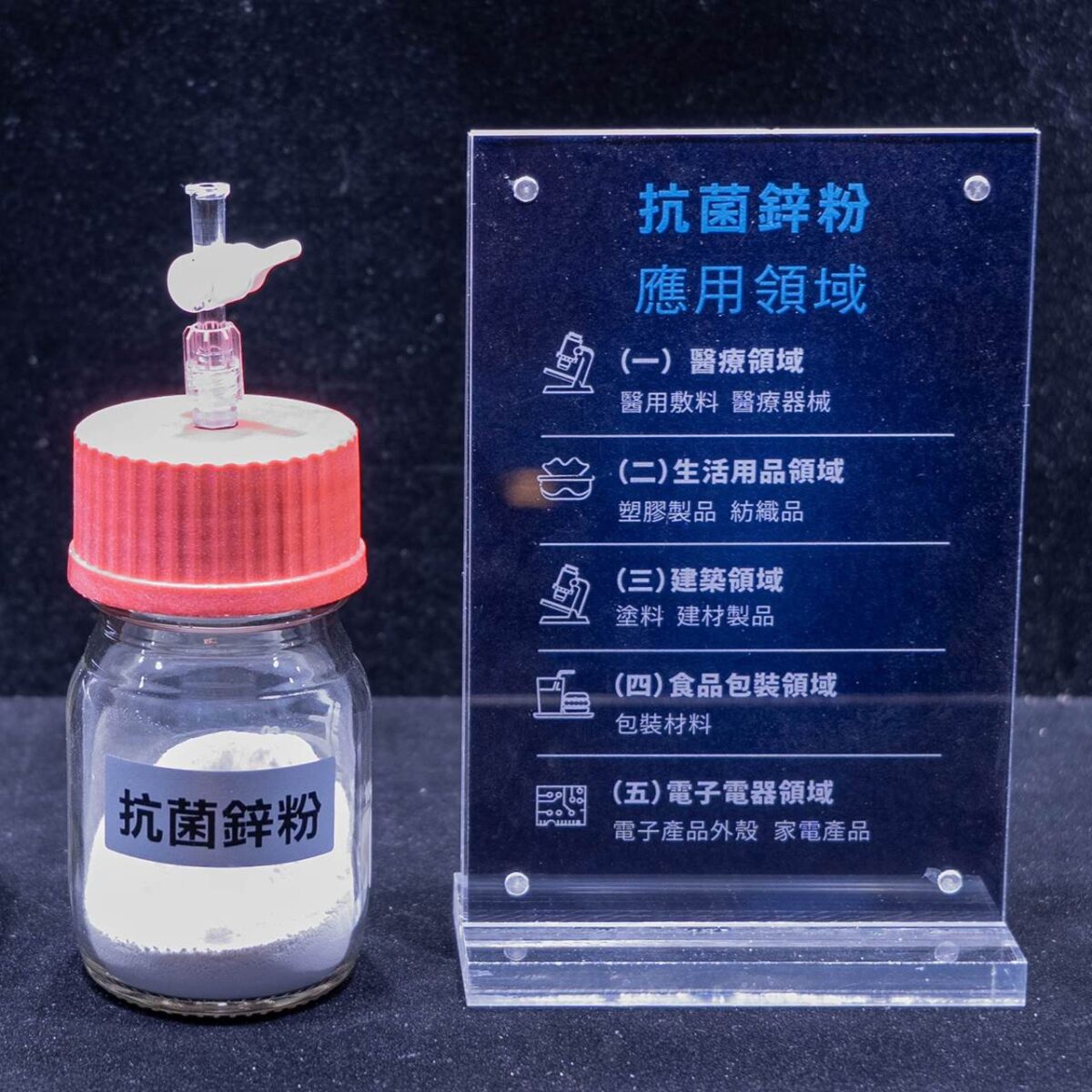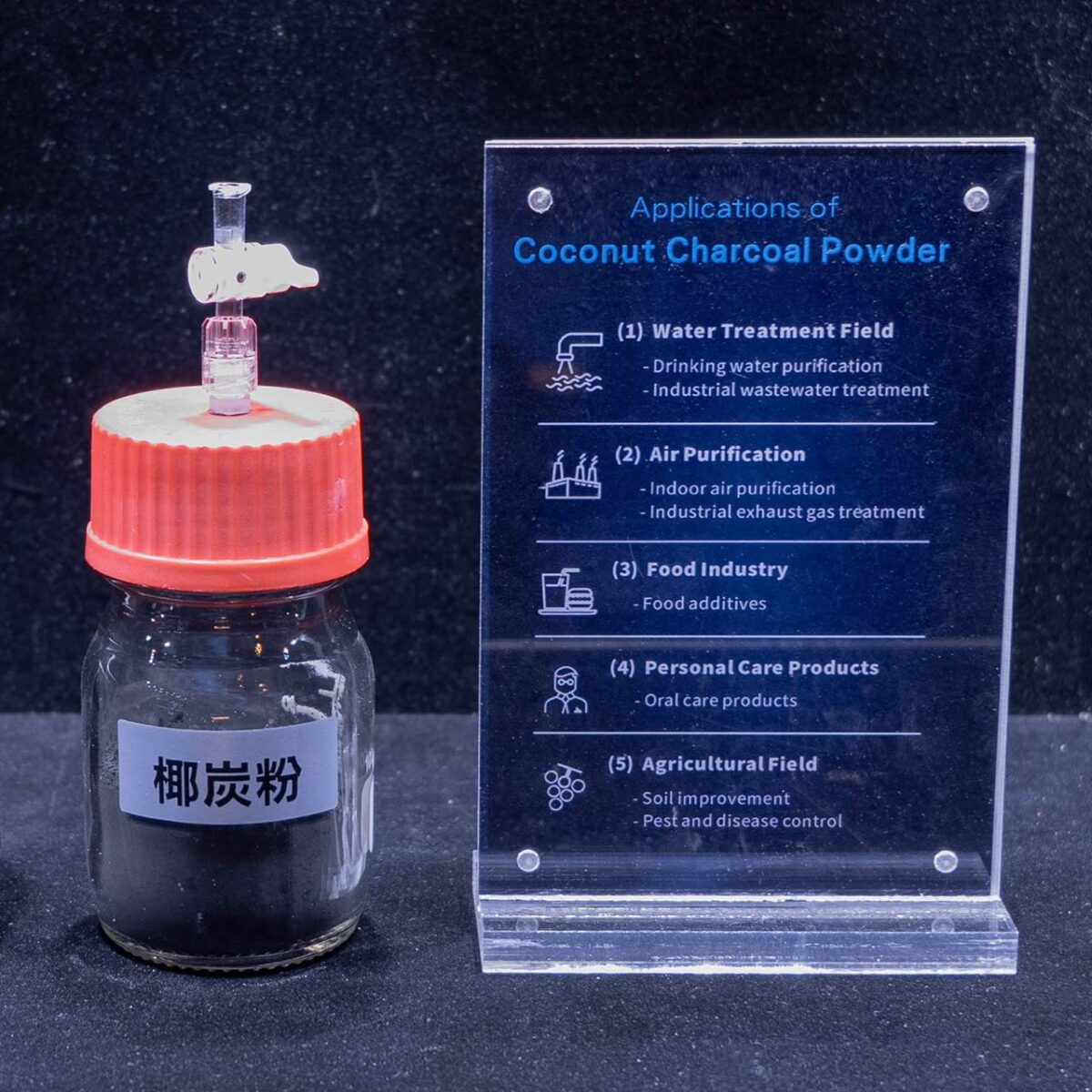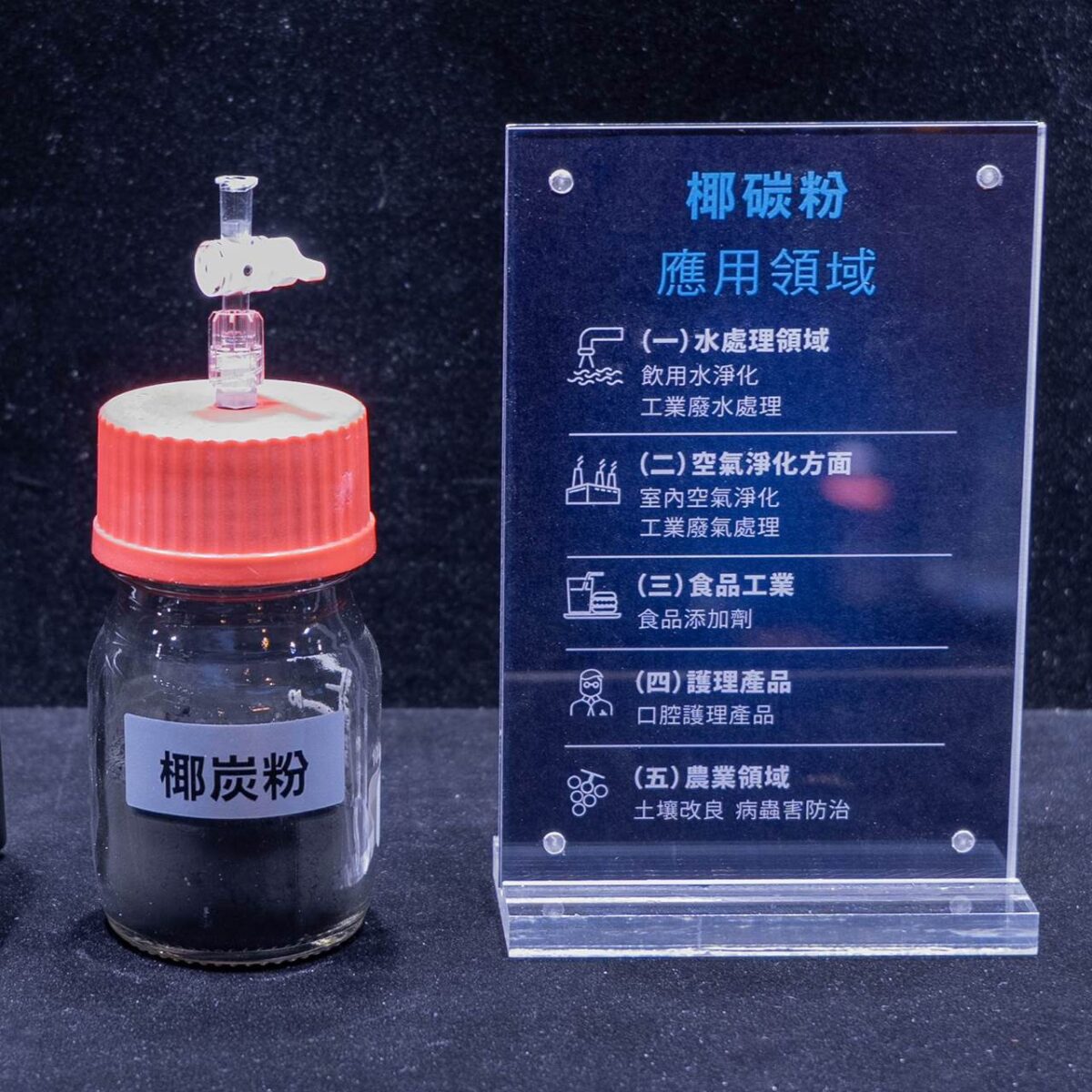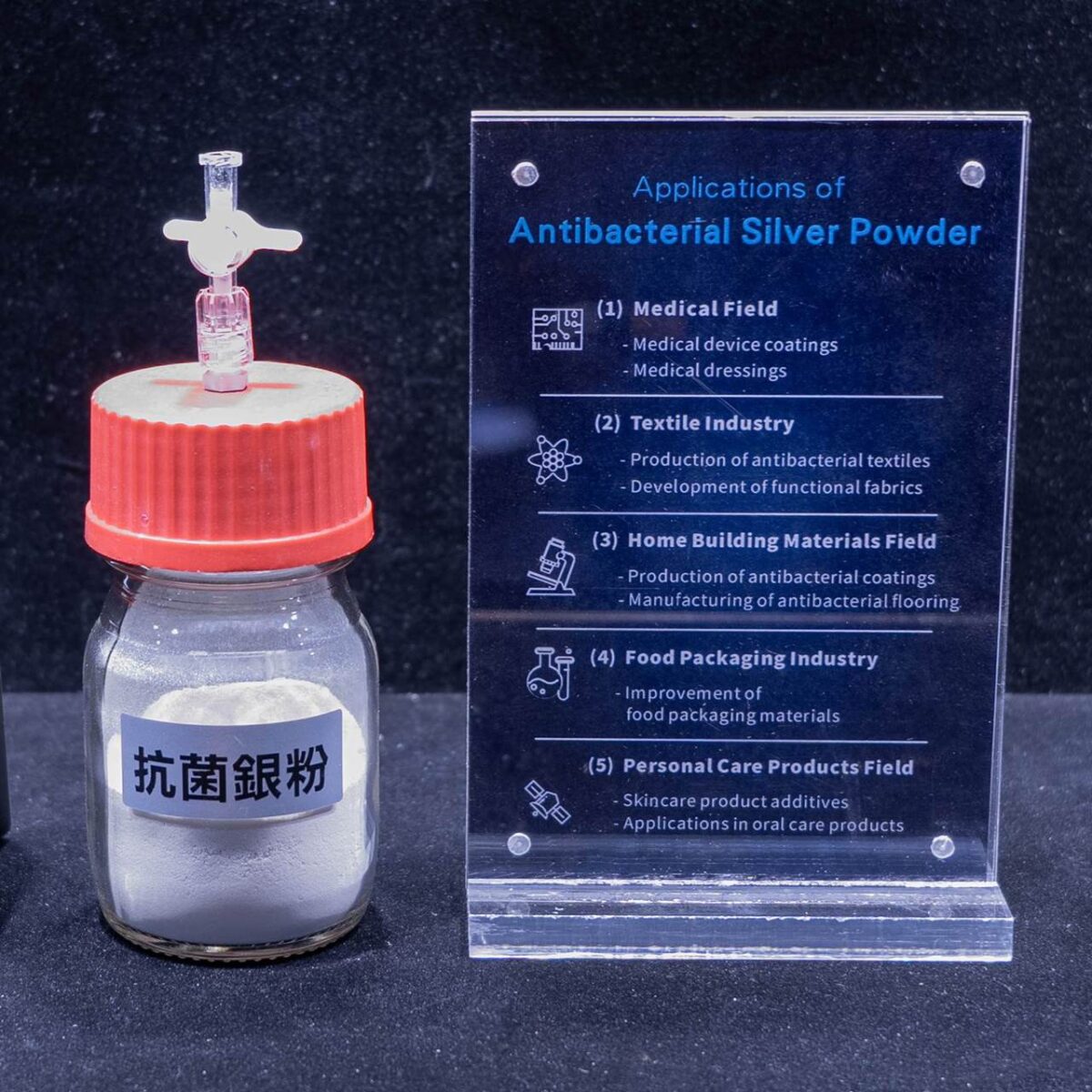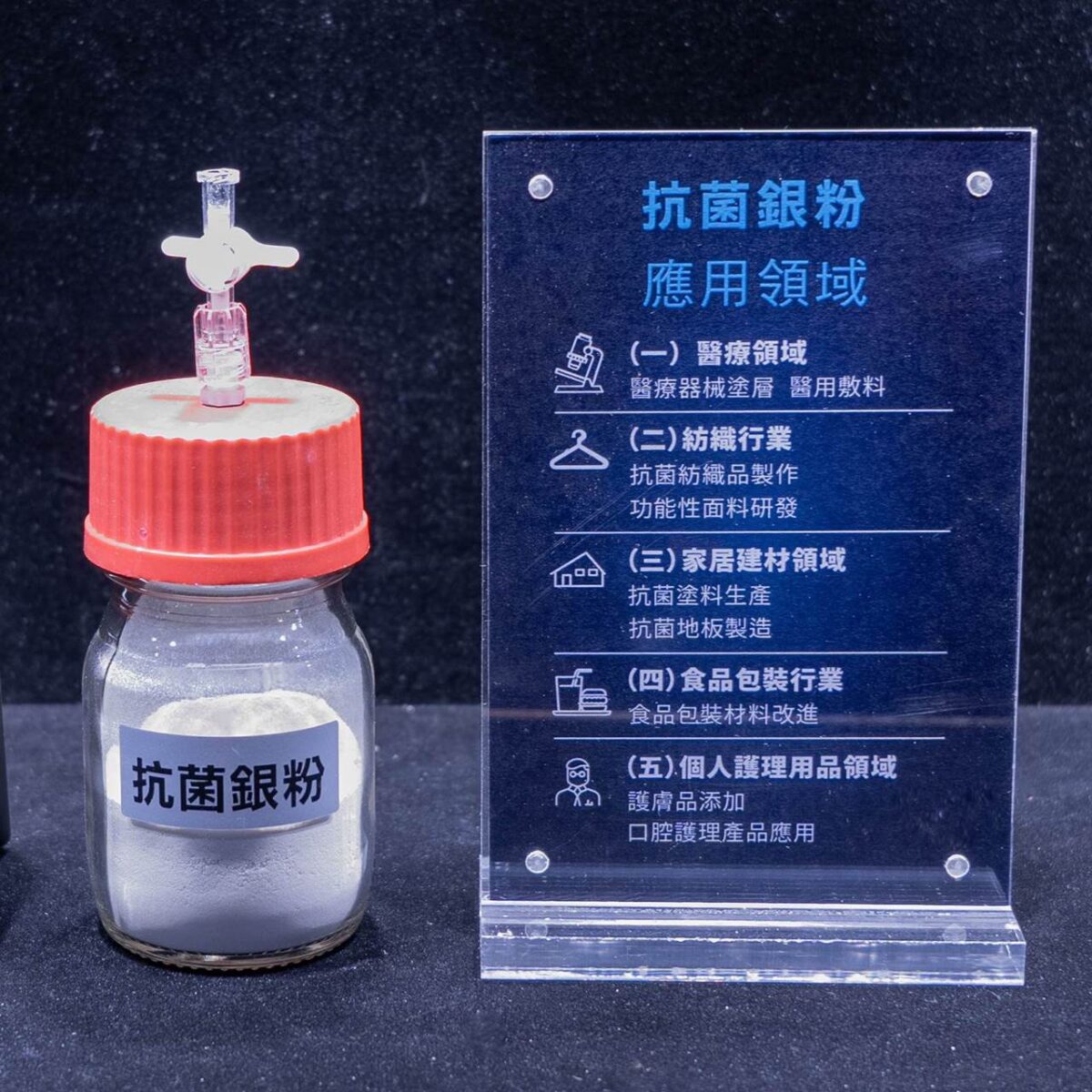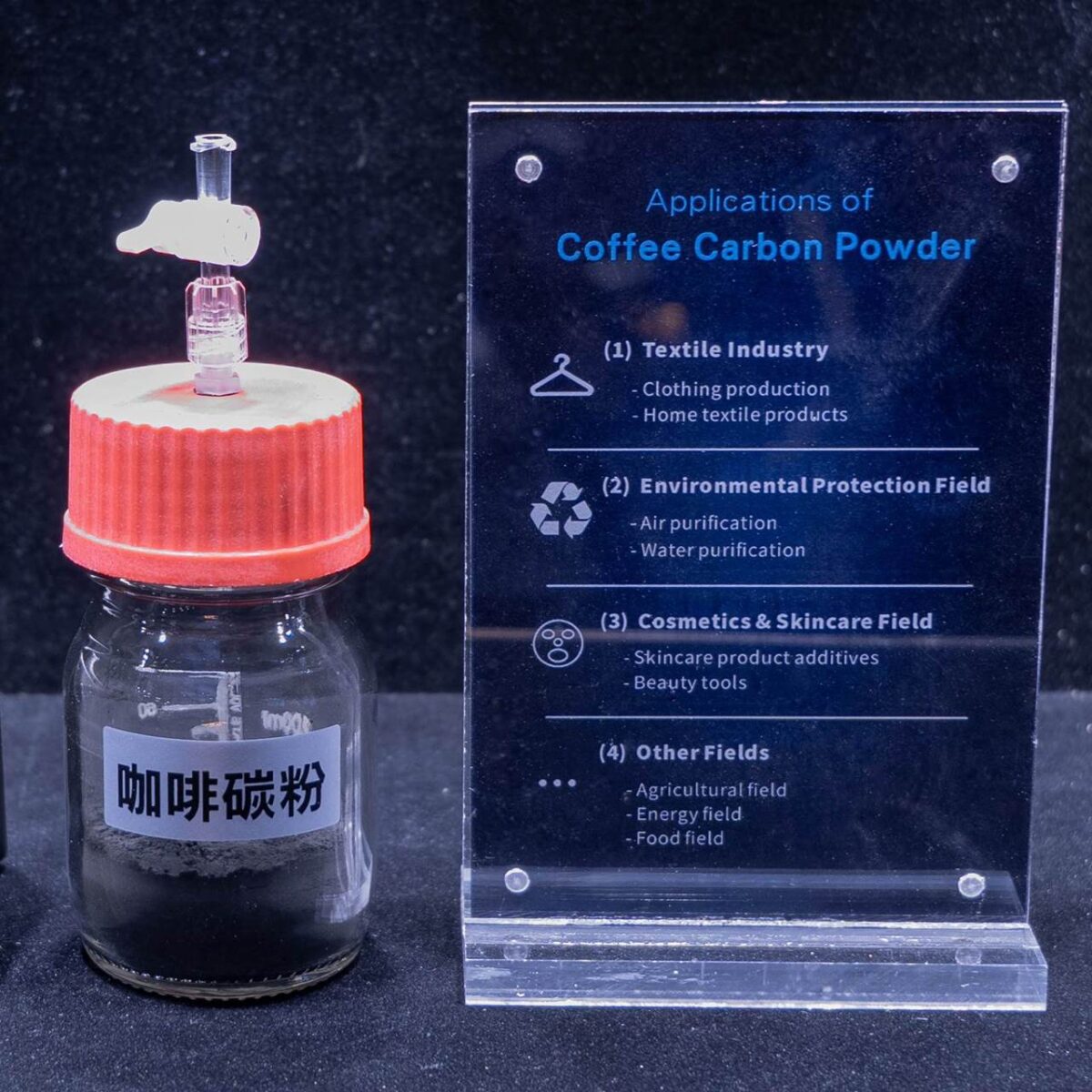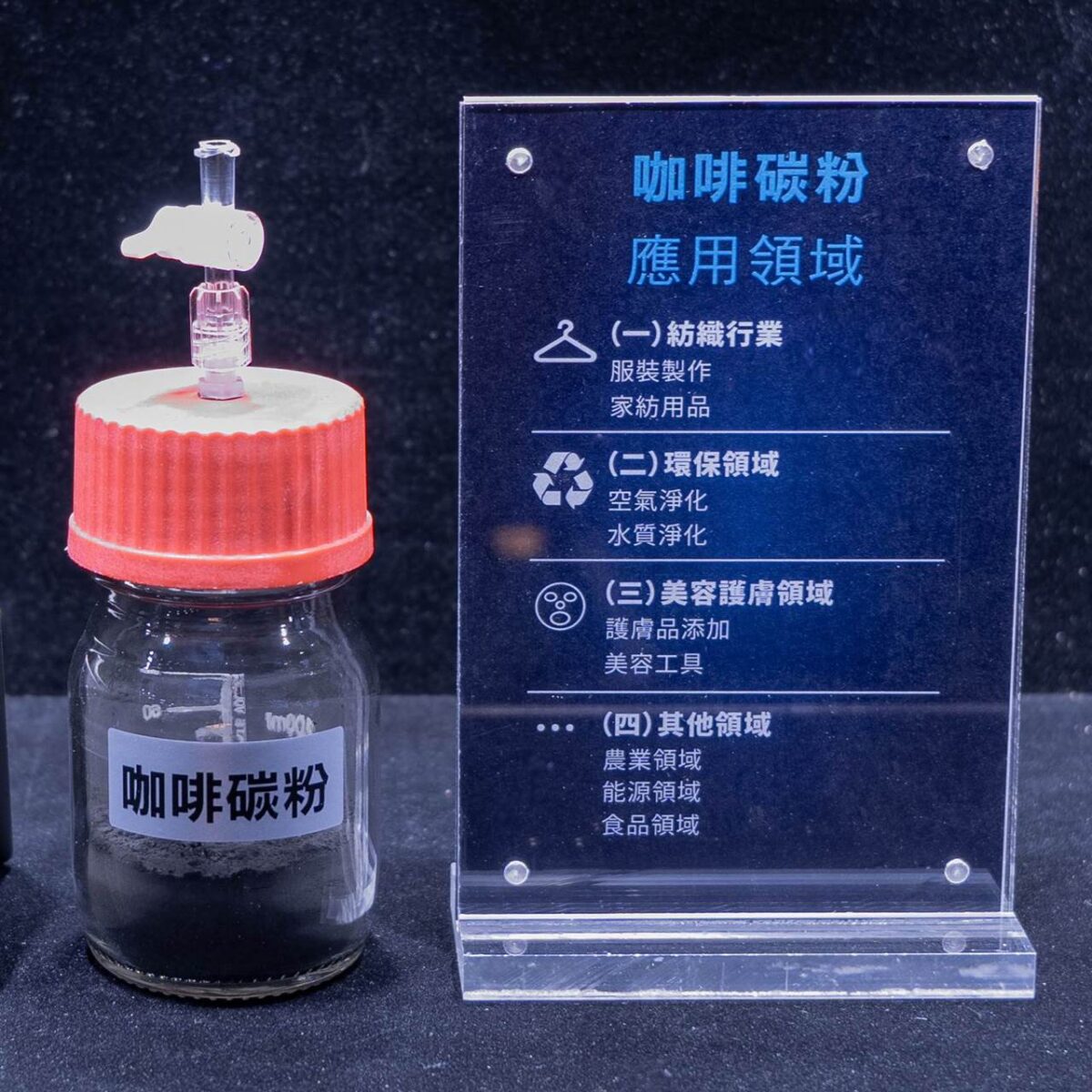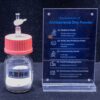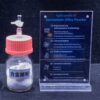Antibacterial Copper Powder
Medical Field
Surface Treatment of Medical Devices
Added to the surface coating materials of various medical devices (such as surgical knives, tweezers, infusion stands, etc.), it gives the device surface antibacterial ability, effectively reducing the attachment and breeding of bacteria on the device, reducing the risk of cross-infection during the use of medical devices, ensuring the safety and hygiene of medical operations, and is especially significant for medical devices that need to be used frequently or in long-term contact with the human body.
Medical Textiles
Used to produce medical work clothes, surgical gowns, bed linens, and other textiles, adding the antibacterial copper powder to textile fibers, can inhibit the breeding of bacteria and fungi on the surface of textiles, reduce the occurrence of hospital infections, create a relatively healthy and hygienic medical environment for medical staff and patients, and also help to extend the service life of medical textiles.
Home Building Materials Field
Antibacterial Coatings
As an additive mixed into building coatings, after brushing on walls, furniture surfaces, etc., it can exert long-term antibacterial effects, inhibiting the growth and reproduction of microorganisms such as mold and bacteria on the surface, avoiding the occurrence of mold and discoloration on the wall that affect aesthetics and hygiene, maintaining the cleanliness and dryness of the indoor environment, and helping to extend the service life of coatings, reducing coating damage caused by microbial erosion and other problems.
Antibacterial Flooring
Applied in the production process of floor materials such as wooden floors and tiles, it gives the floor antibacterial properties, reducing the breeding of bacteria and mold on the floor. For families with children, the elderly, pets, or people with low immunity, as well as public places such as hospitals, kindergartens, and nursing homes, it can greatly improve the hygiene quality of the floor environment and reduce the risk of diseases caused by microbial contact.
Food Processing and Packaging Field
Food Processing Equipment
Used for the surface coating or component manufacturing of food processing equipment (such as mixers, conveyor belts, storage containers, etc.), it relies on its antibacterial properties to inhibit the breeding of bacteria on the surface of the equipment, prevent bacterial contamination of food, ensure the hygiene and safety of the food processing process, meet the strict hygiene standards of the food industry, and help improve the quality and safety of food.
Food Packaging Materials
Added to plastic, paper and other food packaging materials, it uses its antibacterial properties to inhibit the growth of microorganisms such as bacteria and mold on the surface of packaging materials, extend the shelf life of food, reduce food spoilage caused by microbial contamination, better meet the strict requirements of food packaging for freshness, hygiene and other aspects, and reduce the occurrence of food waste.
Daily Use Field
Antibacterial Plastic Products
Mixed into the production raw materials of various plastic products (such as toothbrushes, combs, trash cans, etc.), it gives plastic products antibacterial functions, inhibits the growth and reproduction of bacteria on its surface, reduces problems such as odors and stains caused by bacterial breeding, improves the quality and hygiene of daily use products, and provides convenience and health protection for people’s daily lives.
Antibacterial Textiles
In addition to medical textiles, they are also widely used in the production of ordinary clothing and home textiles (such as underwear, pajamas, bed sheets, pillowcases, etc.), by inhibiting bacterial breeding, keeping clothing and home textile products clean and fresh, improving wearing and using experience, and meeting people’s pursuit of a healthy life.
Public Health and Environmental Protection Field
Public Facilities
Applied to the surface coating of various facilities in public places (such as bus handrails, elevator buttons, sanitary ware in public toilets, etc.), it gives them antibacterial ability, reduces bacterial transmission during contact, helps maintain public health environment, reduces the risk of infectious disease transmission, and plays an important role in special periods such as epidemic prevention and control.
Wastewater Treatment
In the wastewater treatment process, antibacterial copper powder can be used as an auxiliary material, using its inhibitory effect on some microorganisms to assist in controlling the growth and reproduction of harmful bacteria, algae and other microorganisms in wastewater, optimize the wastewater treatment effect, improve the degree of water quality purification, and to a certain extent, help environmental protection work.

